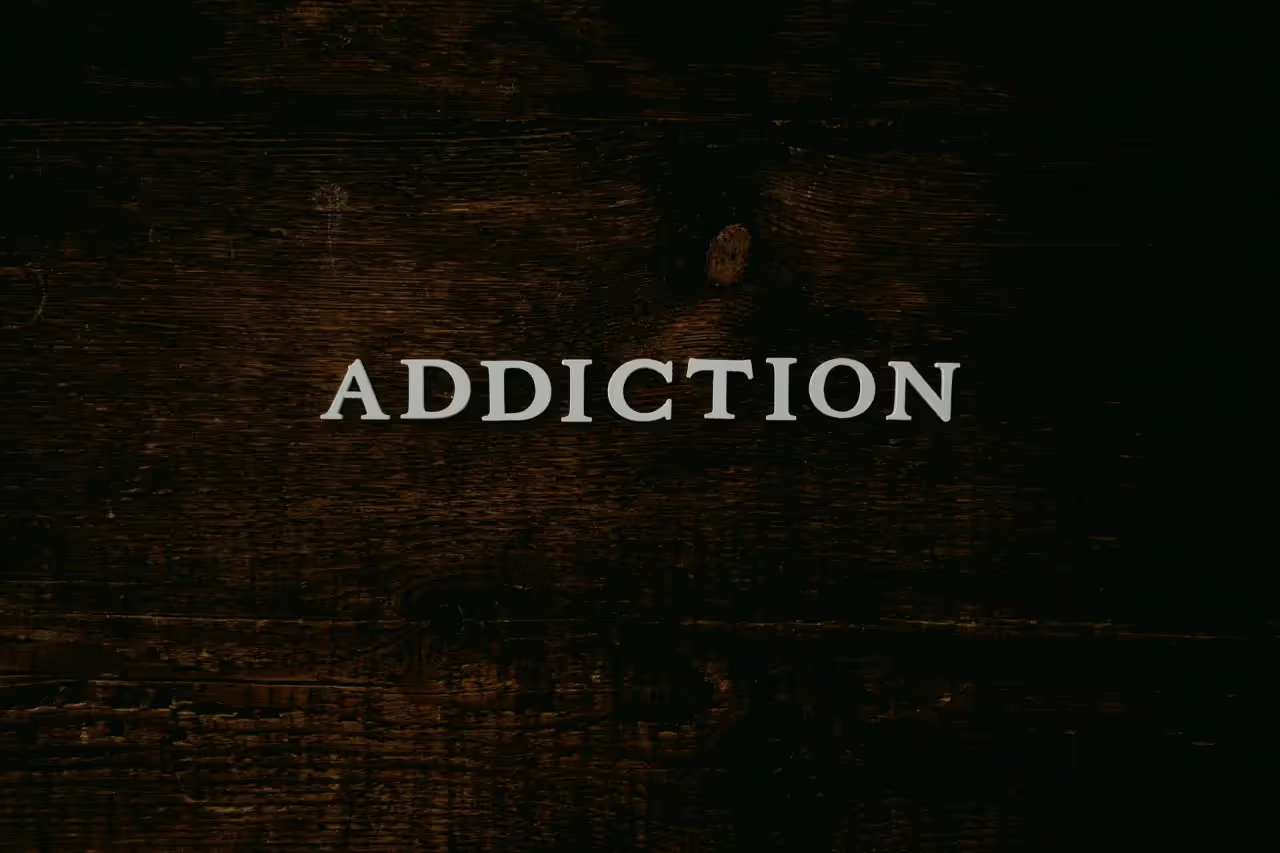Comorbidities and addiction are quite a common pair.What this means is that you've chosen to self-medicate a co-occurring illness with drugs or alcohol....

Comorbidities and addiction are quite a common pair.
What this means is that you've chosen to self-medicate a co-occurring illness with drugs or alcohol.
When you choose to get sober, these illnesses can stand in your way of achieving a full recovery unless they're also treated at the same time.
Therefore, it's important to know what some of them are.
Among Americans, obesity is quite common so you may not think of this as one of the comorbidities and addictions.
While one of the main reasons for obesity is our foods, genetics also play a role.
Regardless of the root cause of obesity, some people are desperate to lose weight, turning to stimulants (e.g., cocaine, meth, ecstasy).
Obesity causes many health issues, both physical (e.g., impaired breathing, heart strain) and mental (e.g., poor self-image, isolation) alike.
While these things can cause death, stimulants can make this happen faster.
Therefore, these comorbidities and addictions must be taken seriously.

The word addiction on a wooden background
Chronic illnesses are debilitating
They can also be very painful.
Therefore, this is quite common with comorbidities and addiction.
While some people can manage taking pain pills without abusing them, others can't.
Many think they can slightly increase the amount they take without issue.
However, this can quickly spiral out of control and result in the abuse of more problematic drugs like heroin, meth, or fentanyl.
Yet another reason comorbidities and addiction must be taken seriously.
Although comorbidities and addiction exist around physical health, many of them involve mental illness.
This is because there's been such a stigma on seeking therapy that some people will try to self-medicate instead.
Drugs like marijuana, ketamine, delta 8, and alcohol are relatively easy to get.
Abusing these drugs can lead to even bigger issues as you're disrupting the production of important mood-related chemicals in your brain (e.g., dopamine, serotonin).

Two of the most common comorbidities and addictions are depression and anxiety.
These affect the way you see life and also limit your ability to succeed.
Since some people struggle to find good mental health treatment, they turn to stimulants like cocaine and meth.
This frequently happens when they've been depressed or anxious for a long period.
At this point, the gray matter in their brain has grown to where it's now impeding the neurological pathways.
These are necessary for clear thought.
When you have comorbidities and addiction, it's important to seek help right away so you don't make the situation worse for yourself.
At Overcomers Counseling, we have addiction specialists available who can provide you with important resources while also teaching you healthy coping mechanisms.
When you're ready, take some time to reach out to us.
We'll be there for you.
https://nida.nih.gov/publications/drugfacts/comorbidity-substance-use-disorders-other-mental-illnesses
https://www.ncbi.nlm.nih.gov/pmc/articles/PMC2713155/
Some resources for family members of addicts include therapy, counseling, 12-step programs, and other support groups. It is important to seek out these resources to get the tools you need to deal with your loved one's addiction. You can also find help for yourself through these resources.
Alcohol abuse is a pattern of drinking that leads to problems in one's personal, professional, or social life.
If you think you might be struggling with alcohol abuse, the first step is to talk to your doctor. Your doctor can help you assess your drinking habits and recommend treatment options. There are also many different types of treatment programs available for alcohol abuse, so you can find one that fits your needs and circumstances. Additionally, support groups can be a valuable resource for anyone struggling with alcohol abuse. These groups provide a safe space to share your experiences and connect with others who are facing similar challenges.
Yes, alcohol abuse is a treatable condition. However, it often requires professional treatment to overcome. With the right support, though, anyone can overcome alcohol abuse and regain control of their life. It's important to reach out for help if you or someone you know is struggling. With the right treatment, anyone can overcome alcohol abuse and regain control of their life.
Some common signs of alcohol abuse include drinking more than intended, neglecting responsibilities, and continuing to drink despite negative consequences
The best way to help an addict without enabling them is by setting boundaries and getting help for yourself. It is important to remember that you cannot control the addict's behavior, but you can offer support and understanding. With time and patience, you can help your loved one recover from addiction.